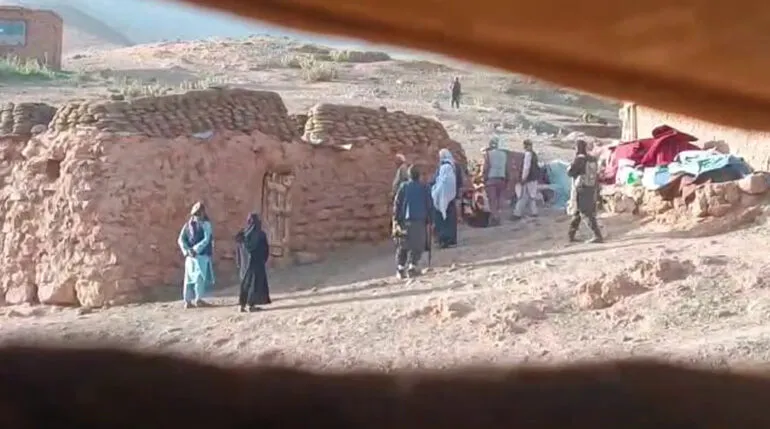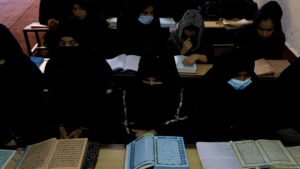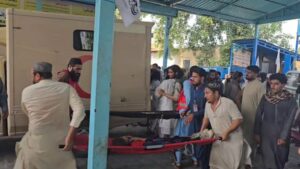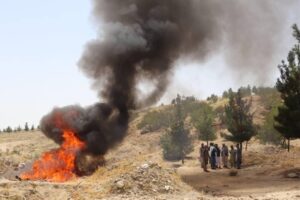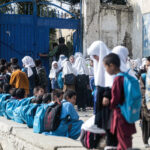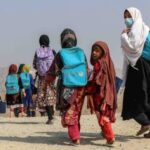Naseer Ahmad Faiq, the Acting Permanent Representative of Afghanistan to the United Nations, has reacted to the forced displacement of residents from Punjab district in Bamyan province, calling it a “blatant act of oppression” and strongly condemning the forced eviction of indigenous residents from the village of “Rashk” in Punjab district.
Mr. Faiq wrote in a post on his X (formerly Twitter) account: “The decision of the de facto authorities to forcibly evict the indigenous residents of Punjab district in Bamyan province in favor of the Kuchis is not only a clear violation of property rights and human dignity, but also contradicts the explicit teachings of Islam, principles of social justice, and international human rights commitments.”
He further emphasized: “Islam respects lawful ownership and strongly condemns oppression, coercion, and illegal seizure of people’s property. No individual or group — even in the name of the state — has the right to seize people’s homes and land by force and distribute them to others without a legitimate court ruling and fair compensation.”
Faiq added that discriminatory treatment of Afghan citizens — especially concerning the settlement of the Kuchis — not only undermines justice, but also deepens ethnic divisions, increases distrust, and fuels hostility and fragmentation among the people.
The Acting Permanent Representative of Afghanistan to the UN stated: “The Kuchis are undoubtedly part of the Afghan nation and, like all other citizens, their right to live should be ensured within the framework of law, justice, and in consultation with local residents — not through force, threats, or ethnic favoritism.”
This comes after the current authorities, following a legal ruling in favor of the Kuchis, forcibly displaced 25 families two days ago from the village of “Rashk” in the Pushta-e-Ghargari area of Punjab district in Bamyan.
Local media have reported that a delegation of officials from the current government, along with the Kuchis, entered the village, threw out the belongings of the local residents, and locked their homes.
This action has sparked widespread outrage among citizens and activists across the country.

